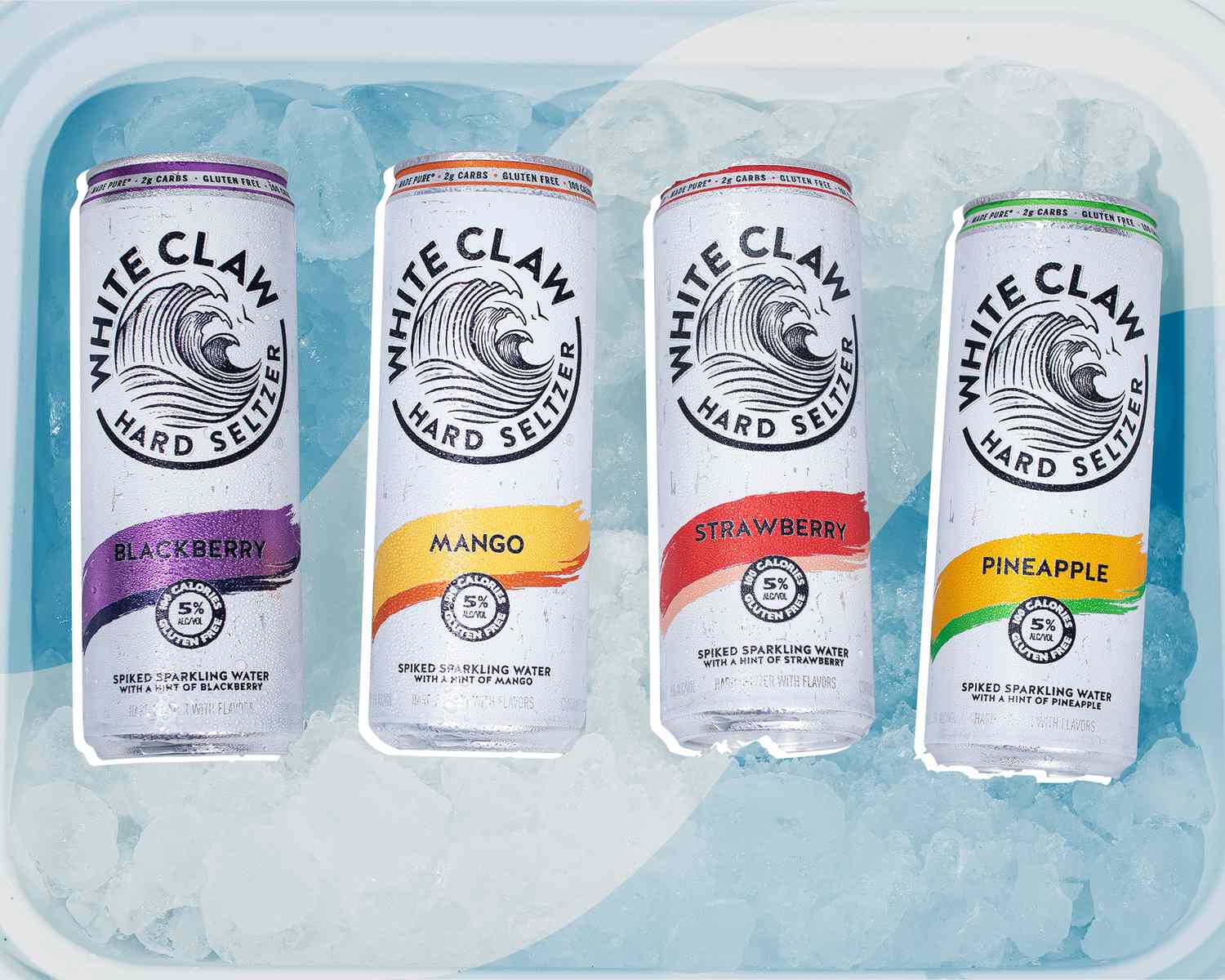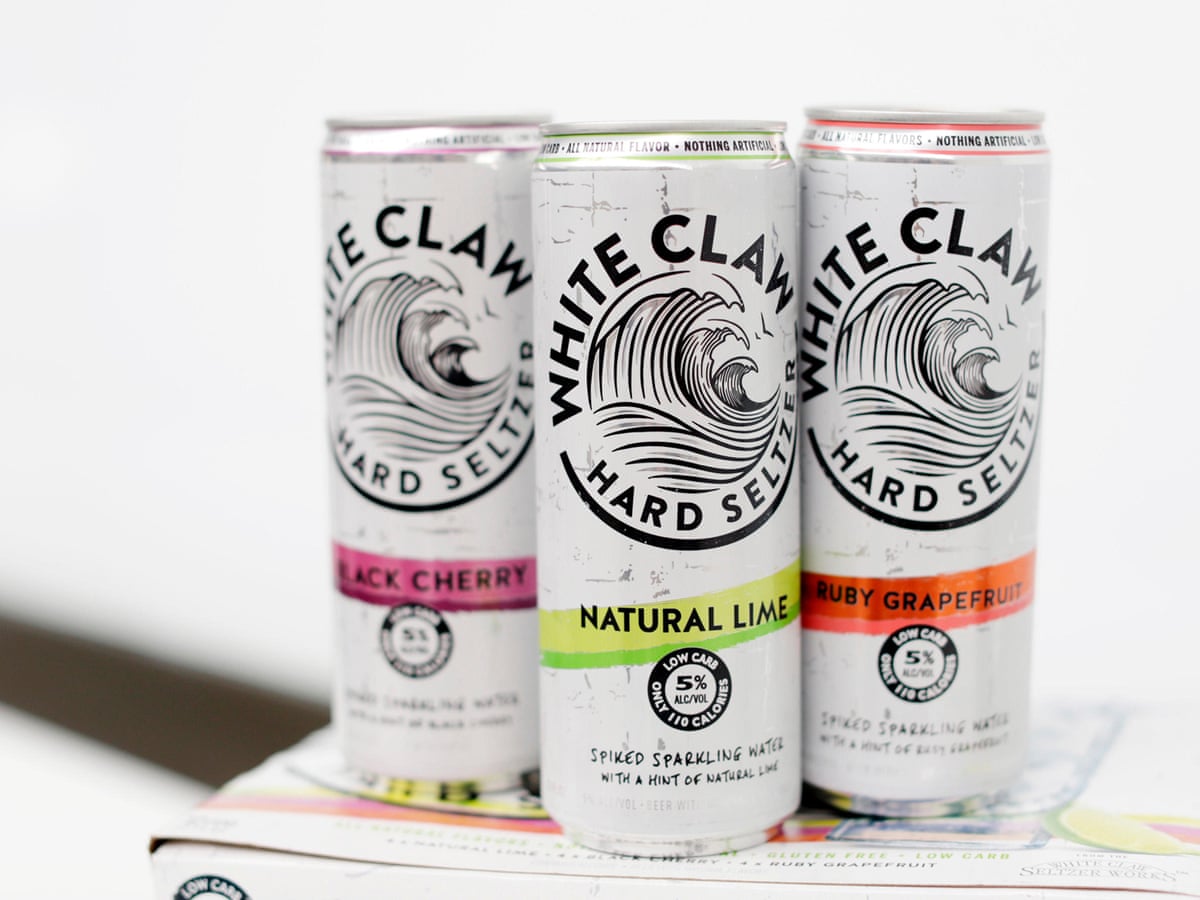White Claw is a popular hard seltzer brand that has gained a lot of attention in recent years. One of the main things that people are interested in when it comes to White Claw is how many carbs it contains. In this article, we will take a closer look at the carb content of White Claw, as well as other important nutritional information.
White Claw is made from a blend of seltzer water, alcohol, and natural flavors. The alcohol content in White Claw varies depending on the specific flavor and product line, but it typically ranges from 5% to 8% alcohol by volume. The carb content of White Claw also varies depending on the flavor and product line, but it is generally quite low.
The original White Claw flavor has 2 grams of carbohydrates per serving, which is about 1% of the daily recommended intake for carbs. This makes it a great option for people who are trying to keep their carb intake low. Other flavors of White Claw, such as Mango, Lime, and Ruby Grapefruit, have the same carbs content, 2 grams per serving.
It’s worth noting that many alcoholic drinks can be high in carbs, due to added sugars or other sweeteners. White Claw, however, is made with natural flavors and is gluten-free, which means it is a great option for people who are trying to avoid added sugars and gluten.
White Claw is made using a combination of water, alcohol, and natural flavors. The alcohol in White Claw is made from fermented sugar, which is where the carbs come from. According to the White Claw website, a 12-ounce can of White Claw contains 5 grams of carbs. This is relatively low compared to other types of alcoholic beverages. For example, a 12-ounce can of beer typically contains around 13 grams of carbs, while a glass of wine can contain anywhere from 3 to 20 grams of carbs, depending on the type of wine.
It’s also worth noting that White Claw is gluten-free, which makes it a good option for people who are gluten intolerant or have celiac disease.
When it comes to carbs and weight loss, it’s important to note that not all carbs are created equal. Simple carbs, such as those found in sugary foods and drinks, are quickly absorbed by the body and can lead to spikes in blood sugar. Complex carbs, on the other hand, are slower to digest and can help keep you feeling full and satisfied for longer periods of time. The fermented sugar in White Claw is considered a complex carb, which means that it’s a better option for weight loss compared to simple carbs.
In terms of calories, White Claw has a low-calorie content as well. A 12-ounce can of White Claw contains about 100 calories, making it a great option for those who are trying to watch their calorie intake. This is less than half the calories of a regular beer, and about the same as a light beer.
White Claw also contains no fat, cholesterol, or sodium, making it a great option for people who are trying to maintain a healthy diet.
White Claw is also gluten-free, which is great for people who have gluten sensitivities or celiac disease. Gluten is a protein found in wheat, barley, and rye, and it can cause a wide range of health problems for people who are sensitive to it.
White Claw is also vegan, which is great for people who follow a vegan diet. Veganism is a lifestyle that excludes the use of animal products, including meat, dairy, eggs, and honey.
In conclusion, White Claw is a great option for people who are looking for a low-carb, low-calorie, and gluten-free alcoholic beverage. With 2 grams of carbs per serving, and 100 calories per can, it is a great option for those who are trying to maintain a healthy diet. Additionally, it’s gluten-free and vegan-friendly, making it a great option for a wide range of people.
Please note that alcohol should be consumed in moderation and it is not recommended to consume more than one serving of alcohol per day for women and two servings per day for men. It’s also important to mention that drinking alcohol can increase the risk of certain cancers, heart disease, and other health problems. Always consult with a healthcare professional before making any changes to your diet or alcohol consumption.

 Home
Home Health
Health Diet & Nutrition
Diet & Nutrition Living Well
Living Well More
More












